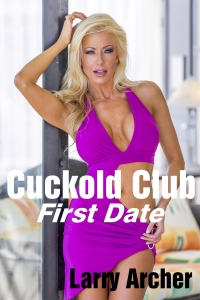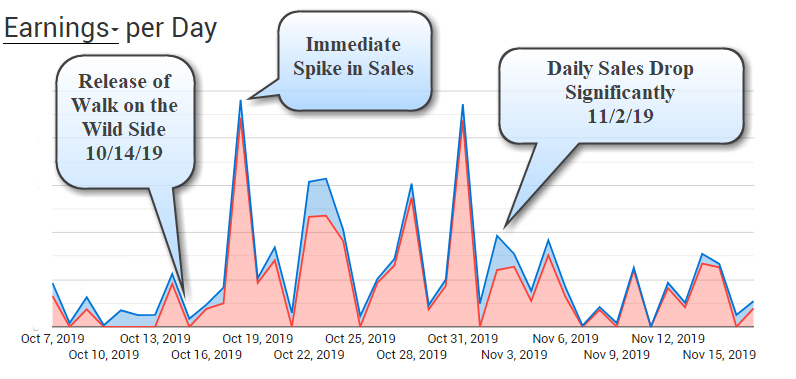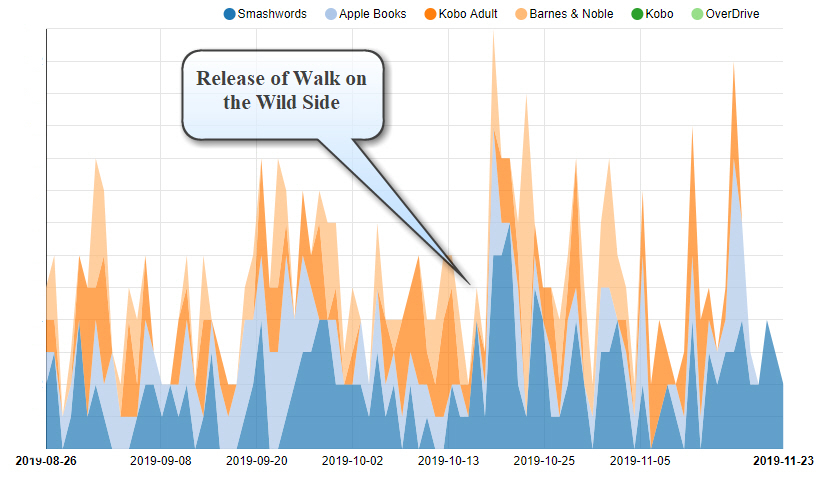Sex is exactly like magic, except for one very important difference. Both have an air of mystery about them, and practitioners who speak in hushed tones. Both have their rituals, their Words of Power, and both traffic in what some would consider to be dark secrets.
But the biggest, the most important difference between sex and magic is that the wizard who learns every conceivable spell known to man, becomes exalted. More often than not, they are elevated to the rank of grandmaster.
Nobody gets elevated for knowing everything about sex.
At least, not in the way that gets talked about at parties.
You see, while wizards are allowed to experiment, to test the bounds of human experience, the sex mage who screams, ‘I’ve mastered the reverse-cowgirl levitation technique!’ gets buried beneath Azkaban without a ceremony.
It’s not fair. It’s not even really funny, but…there you have it.
The ironic part about all of this is that sex is at its best when it is discussed openly, but even that open discussion can be twisted so easily.
I for one, have always been leery of those who speak of sex in metaphysical terms. Who talk of souls meeting, or celestial bodies, as though by speaking frankly about what they want, they might somehow sully themselves.
But equally as bad, if not worse are those who simply shrug and say ‘It’s just sex,” as though they can’t possibly understand what all the fuss is about.
Telling a devout Catholic newlywed who has to go from demure protector to wild, kinky sex-kitten in one night that it’s just sex, doesn’t do anything except undermine her faith and her identity.
For a woman who has never had a pleasurable experience in bed due to vaginismus, the words do nothing to alleviate her pain.
And for the guy who was so nervous the first several times he tried to have sex that he couldn’t perform, (unashamedly raises his hand) the phrase doesn’t eliminate the nerves. Because by that logic, sex is just a matter of ‘get up and go’ and if he can’t, then he’s left with the exact same fear as the newlywed who can’t turn on a dime, or the woman who can’t ‘just relax.’
The fear that there’s something wrong with me.
Sex, in a lot of ways, is actually better than magic, because it’s defined by the people who take part in it, which means its impact or relevancy changes depending upon the person. Whether it’s to fill a void, relieve stress or forge a connection (however celestial) sex is a pillar of any relationship. Not the most important pillar. Far from it. But neither dressing up sex, nor trivializing it will help those who dread being bad at something that society says they shouldn’t know too much about anyway.
Honest, awkward, flush-faced conversations are easy to talk about, not easy to affect.
(We can all be hypocrites, deep in our hearts. Let’s be honest here.)
But what problems these conversations come with are immediate and often fade just as quickly. The alternatives however, the shame and hushed tones and fear we’ve all lived with for far too long, those effects can last a lifetime.
And that, to me, is the real shame.











